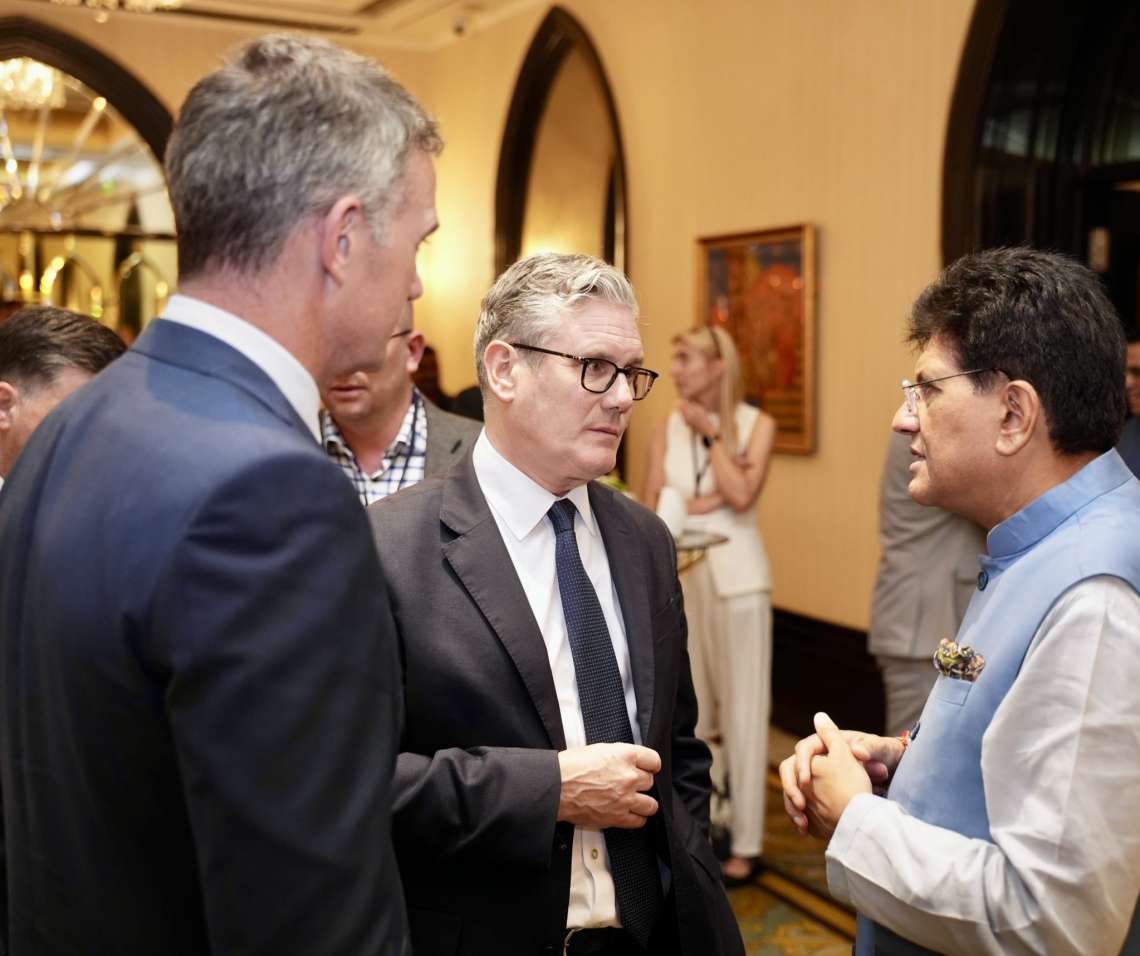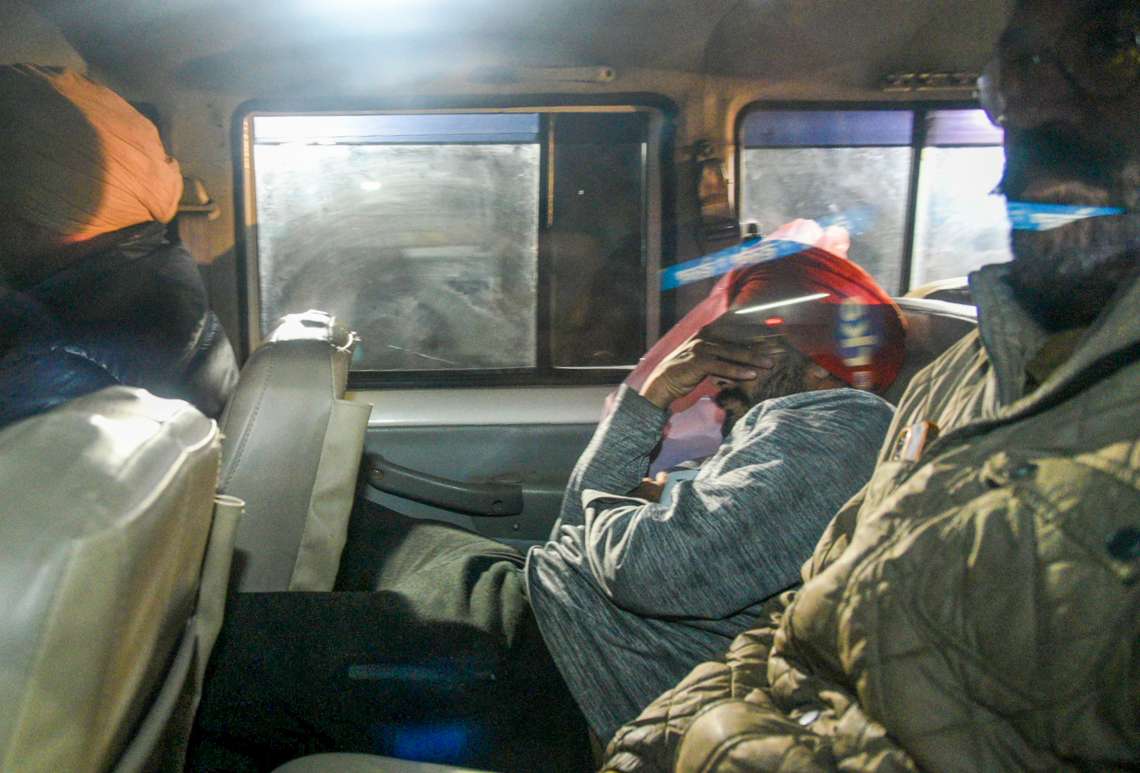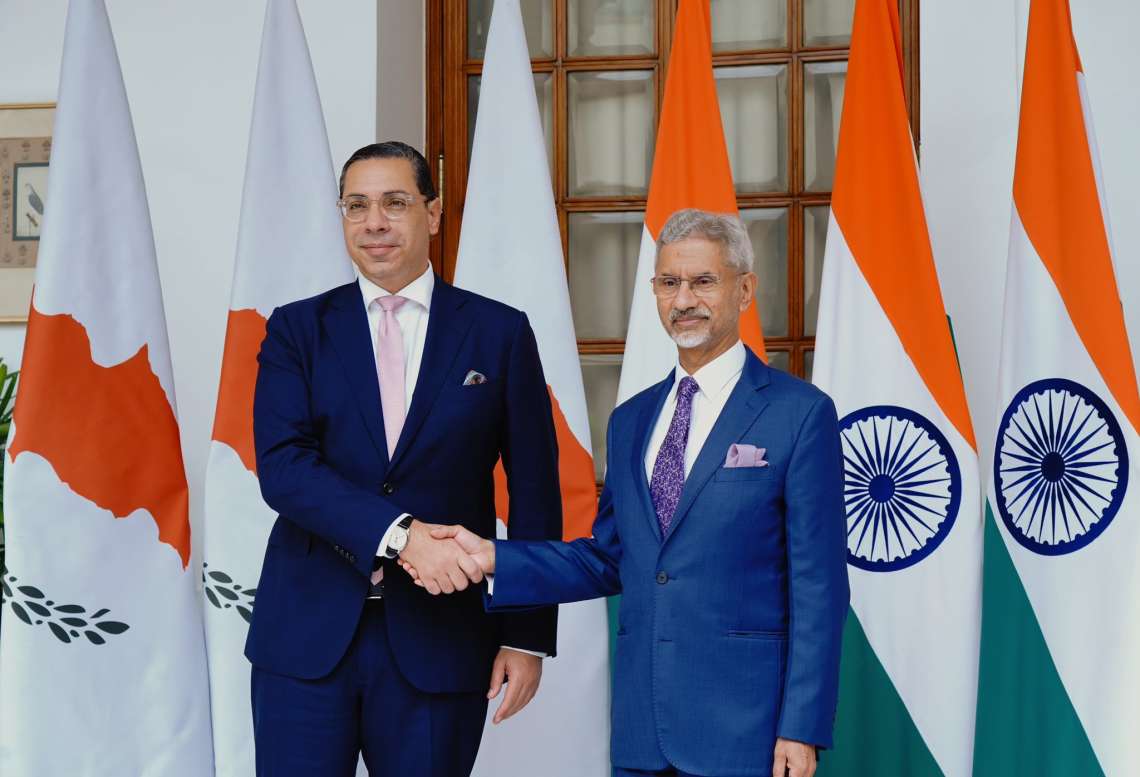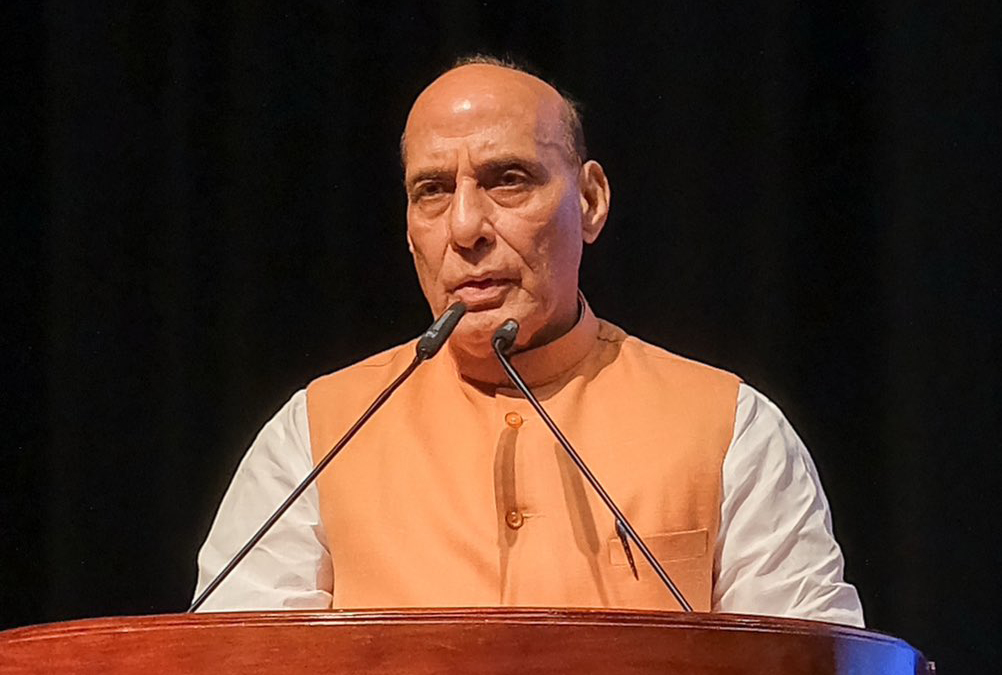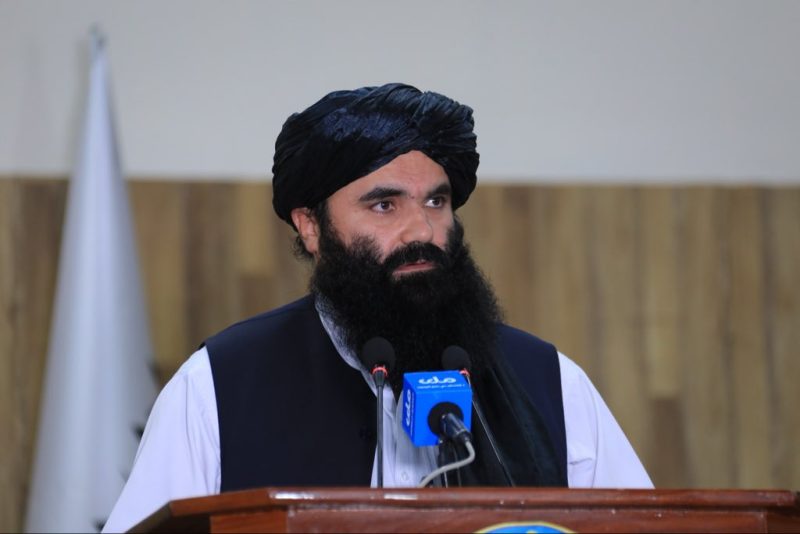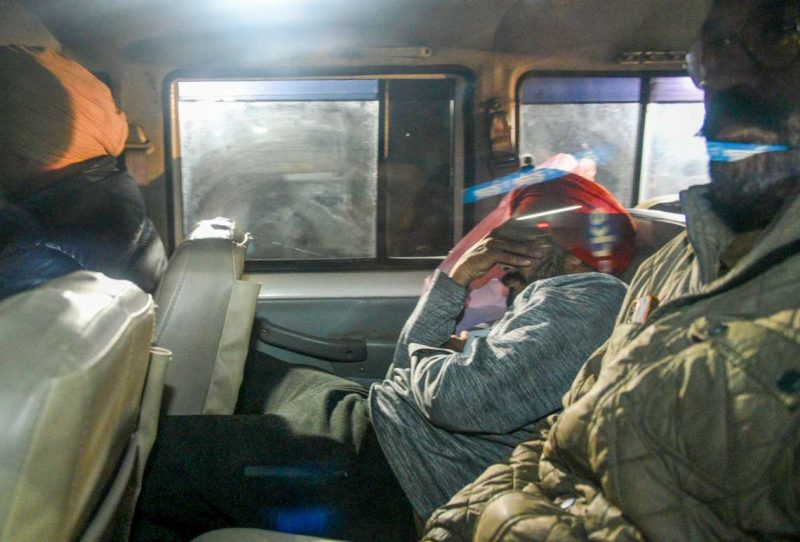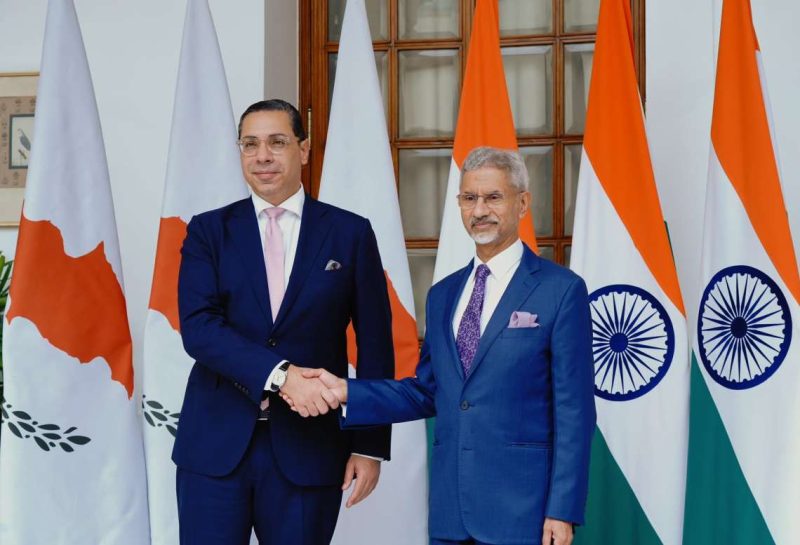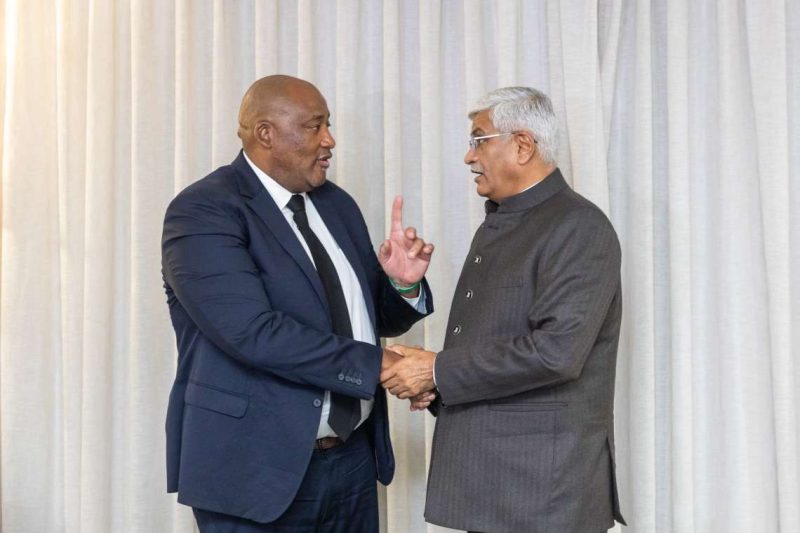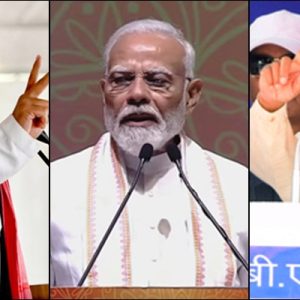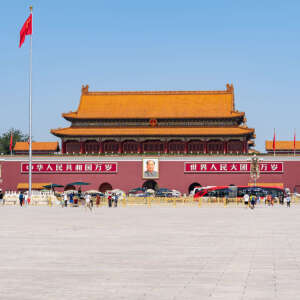India and the UK step up efforts to operationalise landmark trade deal as business leaders seek new opportunities
India and the United Kingdom took a decisive step towards activating their long-awaited trade agreement on Wednesday, as Commerce and Industry Minister Piyush Goyal met his British counterpart, Peter Kyle, Secretary of State for Business and Trade, in New Delhi.
The meeting, which comes during UK Prime Minister Keir Starmer’s two-day official visit to India, was part of an intensive round of trade diplomacy aimed at ensuring the swift operationalisation of the India–UK Comprehensive Economic and Trade Agreement (CETA). Both ministers underlined their governments’ determination to double bilateral trade by the end of the decade and to put in place mechanisms that would allow the deal to deliver tangible gains.
According to a statement from India’s Ministry of Commerce and Industry, the two sides agreed to reposition the Joint Economic and Trade Committee (JETCO) as the primary forum to oversee the agreement’s implementation. The move, officials said, was intended to ensure that progress was closely monitored and that business stakeholders from both countries could benefit from the pact at the earliest.
Taking to social media after the talks, Goyal described the meeting as “a pleasure” and reaffirmed “our shared commitment to advancing the India–UK economic partnership”. He added: “Our discussions focused on accelerating the implementation of our landmark trade deal and delivering its gains through the India–UK Joint Economic and Trade Committee (JETCO). We remain steadfast in our resolve to translate ambition into achievement, fostering growth, generating employment, and deepening ties between the two sides.”
The meeting was part of a packed schedule that saw Goyal co-chair a high-powered session on advanced manufacturing, an area identified as a cornerstone of future India–UK cooperation. Highlighting the wide range of sectors in which the two countries were poised to collaborate, he said: “From AI to aerospace, automotive to semiconductors, we are putting the India–UK FTA into action. Two innovative economies, one shared future.”
The Indian minister stressed that the presence of the largest-ever UK business delegation to visit India alongside a prime minister was a clear indication of the importance both sides attach to the economic relationship. “The bright future for India–UK ties is reflected in the largest business delegation from the UK that is accompanying him on this visit,” he remarked.
The discussions were given further weight with the announcement of a significant investment by pharmaceutical giant Eli Lilly, which committed $1 billion to expanding its manufacturing capacity in India. Goyal welcomed the move, describing it as a strong vote of confidence in India’s position as a global hub for innovation, research and development, manufacturing, and healthcare solutions.
“This reaffirms our nation’s position as a global hub for innovation, R&D, manufacturing, and healthcare solutions. Under Prime Minister Modi’s leadership, India has made remarkable progress in enhancing Ease of Doing Business and building global trust in its quality ecosystem that has made it one of the most preferred investment destinations,” he said.
The India–UK trade agreement has been under negotiation for several years and is widely viewed as one of the most ambitious bilateral economic pacts undertaken by either country. While a final signing has been delayed by differences on issues such as market access, labour mobility, and services, officials now suggest that political will on both sides is firmly aligned, with the current round of meetings designed to translate intent into action.
British officials, meanwhile, emphasised the importance of the deal in the broader context of the UK’s post-Brexit trade strategy. With the country seeking to secure stronger ties outside the European Union, India has emerged as a natural partner given its fast-growing economy, youthful demographics, and expanding global influence.
For New Delhi, the trade pact is part of a wider push to integrate more deeply into global supply chains while simultaneously attracting foreign investment into critical sectors. India is keen to showcase its capabilities in advanced manufacturing, technology, and pharmaceuticals, while also seeking greater access to the UK’s markets for goods and services.
The economic stakes are significant. Current bilateral trade stands at around £38 billion, but both governments have repeatedly stated their ambition to double that figure by 2030. Analysts note that such an increase would not only create jobs and opportunities in both countries but also signal a strengthening of the strategic partnership at a time of global uncertainty.
While technical negotiations are expected to continue, Wednesday’s meeting provided clear political momentum. With Starmer’s visit offering a diplomatic backdrop and the business community demonstrating unprecedented engagement, officials believe the conditions are ripe for finalising and activating the agreement.
As one Indian official put it, “The fact that the UK prime minister has brought such a large business delegation speaks volumes. This is about more than just trade—it is about building a long-term partnership between two dynamic economies.”
For now, the spotlight remains on JETCO, which is set to become the key body responsible for translating promises into measurable outcomes. If it succeeds, the India–UK trade pact could become a model for other major economies seeking to build comprehensive, forward-looking agreements in an era of shifting global alignments.


